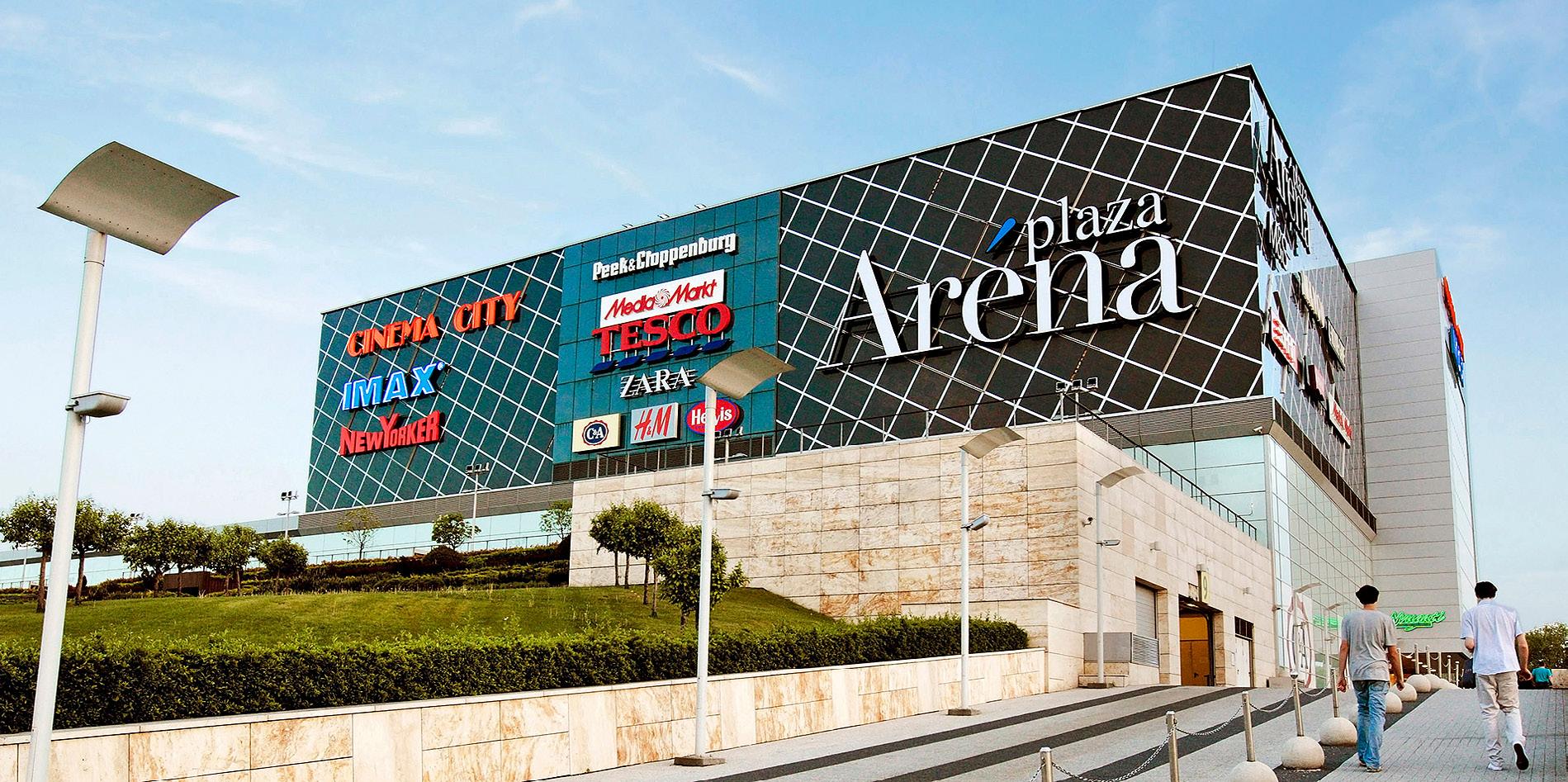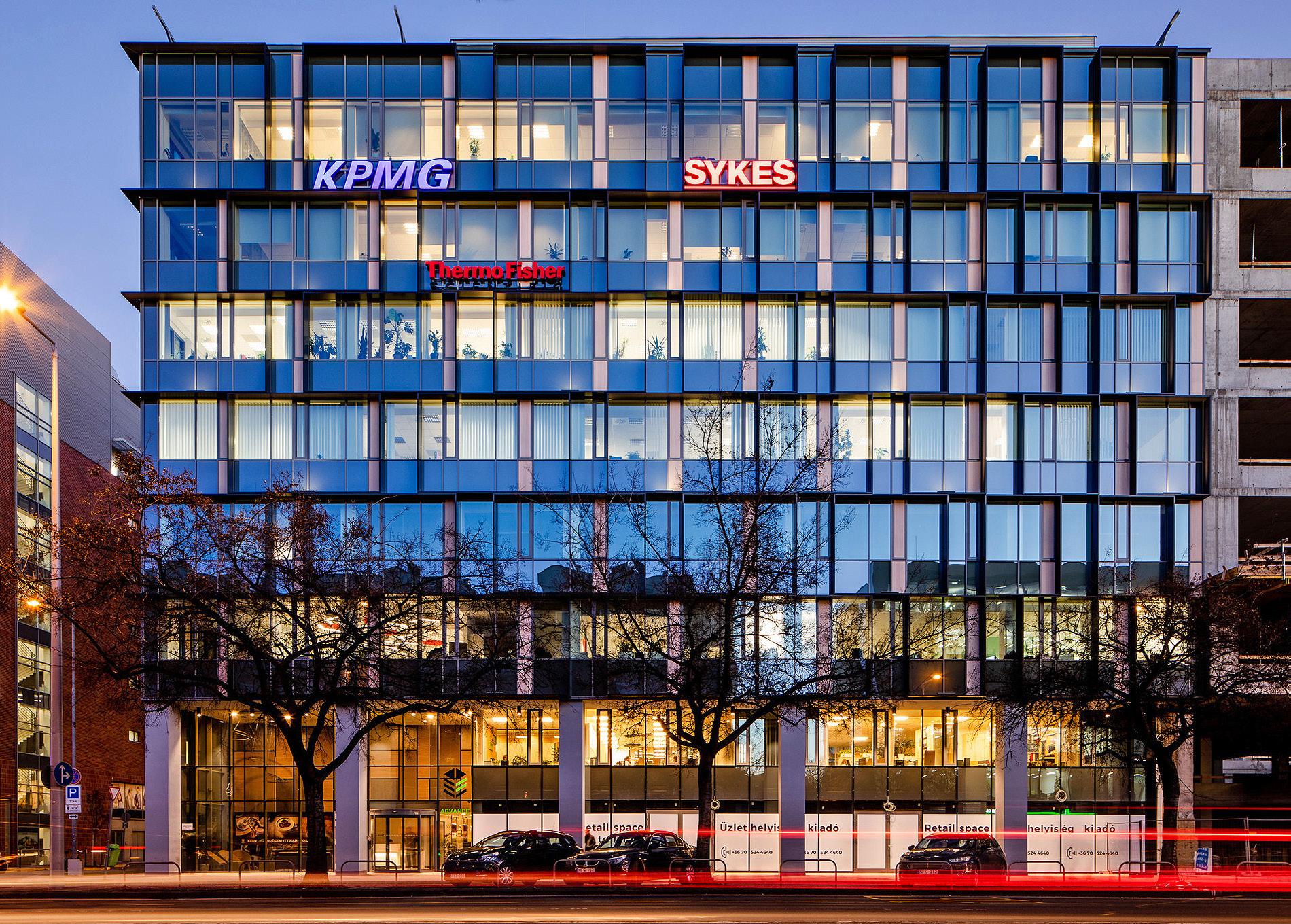
8 minute read
Investment Climate Faces new Challenges, but Fundamentals are Good
Having recorded increasingly positive investment volumes in recent years, the coronavirus emergency and subsequent national and international lockdowns and the expected economic downturn have combined to severely hit investment activity, with volumes for the year expected to be significantly down.
However, in the longer-term, developers argue that there is a strong pipeline of asset grade products to meet investor demand and once the current emergency situation is lifted, then deals can be completed as investment fundamentals in the Hungarian and the wider Central European markets will continue to be perceived as positive.
Analysts consider that the office and industrial markets will be the favored investment destinations, while questions are being asked with regard to the longer-term positions of the retail and hotel sectors. Further uncertainties abound regarding the price of debt finance, loan-to-value ratios and prelease requirements for investors and developers. It is believed some developers will need to reconsider their development and exit models.
Nordic Light Trio by Skanska.
Arena Plaza in Budapest.

In the pre-crisis period, analysts estimated that investment volume for Hungary could have increased to EUR 1.8 billion for the year, as Hungary had significant office, hotel and industrial pipelines with low vacancy and consistent demand, and investor sentiment towards Hungary was positive.
Total investment volume for 2019 for Hungary stood at EUR 1.7 bln, according to CBRE. Significantly, domestic activity constituted more than 70% of activity, although more foreign investors were said to be considering the market. As elsewhere in Central and Eastern Europe, activity is limited by the relatively low supply of investment grade product and increasing competition for available assets from both domestic and international investors.
As regards a recovery in the investment market and the conclusion of transactions, Benjamin Perez-Ellischewitz, head of capital markets at JLL Hungary, argues that third quarter volumes will be very low as very little business
could be started in the second quarter, due to the lockdown situation.
GOOD TO GO
Further, for the marketing processes to launch or re-start after the summer, travel bans will need to be removed and viewings need to be possible for investors, as is the norm in a functioning investment market.
Despite the current crisis, most developers in the office market have confidence that products will continue to attract investors. “Sales transactions are ongoing. It is true that those negotiations which were in the due diligence phase are ongoing slower, but we do not expect a freeze of the investment market. When travelling will be allowed, we believe these transactions will speed up again,” says Nikolett Püschl, leasing and development director at Atenor Hungary.
A fall in pricing is anticipated and these changes could differ depending on the asset class. The expectation among most analysts is that shopping centers and hotels are the most affected
Advance Tower by Futureal, sold to Erste Real Estate Fund.

asset classes, while logistics, office and residential are proving to be more COVID-resistant. Where transactions are concluded, they are expected to be in these latter asset groups according to Péter Számely, executive director of real estate finance at Hypo Noe Landesbank, one of the oldest and largest regional banks in Austria.
“The outlook is subject to how long the pandemic will continue to impact on our lives, to what extent of damage is caused economically and how all active players can recover and adapt to the changes that will certainly come,” comments Colliers on a potential market recovery. “After all, whether you are a developer, bank, investor, occupier or advisor, there will be an impact for all.” The big three Hungarian funds, OTP RE Fund, Erste RE Fund and Diófa RE Fund, have been dominant in the investment market, notably at the top end of the office, hotel and retail sectors. In addition to these established domestic funds, an additional strata of closedend investment funds and private property companies have become increasingly active.
Futureal Group has sold the Corvin Technology Park, the fifth office complex at the Corvin Promenade office, retail, leisure and residential complex, to the Hungarian OTP Prime Real Estate Investment Fund.
KEEPING IT LOCAL
In another deal involving both local developers and investors, Erste Real Estate Fund purchased the 20,000 sqm Advance Tower from Futureal, the second transaction between the two companies after the Vision Towers deal, also in Váci út.
“Local investors are better off as the competition from their counterparts from abroad is reduced or has completely vanished. This could have an effect on the price level, as a reduced number of investors will have more choice to buy,” Számely notes.
“The question is, if the willingness to sell at a reduced level remains. If not, the market will dry out. I am not sure how good an idea it is to start a development now. Financing for speculative developments will be very limited nowadays, if it is available at all. A project with a realistic strong cash flow might be able to attract financing at
a level allowing a dynamic repayment schedule,” he says.
“The crises has certainly had an impact on the LTVs. First of all, due to the lack of transactions and due to the different expectations of investors, it is difficult to say what is the market value today. Valuations applying pre-crises yields and estimated rental levels with the caveat of the potential impact of COVID-19 are less helpful. However one may say that, based on pre-crises values, LTVs equal to or less than 50-60% could be the basis of a discussion,” Számely adds.
Some leading developers, however, see the markets in a more positive light. “Due to the current economic uncertainty, most of the investors prefer a wait and see approach until the uncertainty will gradually decrease,” confirms Alexandra Tomášková, executive vice president of operations for Hungary and the Czech Republic at Skanska commercial development CEE.
“However, there is a lot of capital waiting to be deployed. Investment into real estate is a good investment even in the tougher market situation. Deals are happening for us now in Poland. Other Skanska properties are being prepared to be put to the market and we sense investor´s interest. Skanska has a different business model; we are backed by a strong financial position. Typically, we invest our own equity and in a majority of cases we invest speculatively, without the prelease. We operate in strong markets with solid fundamentals, which Budapest, no doubt, is,” Tomášková adds.
ASIAN INTEREST
In Budapest, Skanska has sold the 14,000 sqm Nordic Light Trio office building to JRAMC, a South Korean real estate investment trust. This is the first office investment in the CEE region by the investor. Asian investors have become increasingly active in the Czech and Polish markets, and this interest has now moved on to acquiring assets in Hungary.
“The outlook is subject to how long the pandemic will continue to impact on our lives, to what extent damage is caused economically and how all active players can recover and adapt to the changes that will certainly come. After all, whether you are a developer, bank, investor, occupier or advisor, there will be an impact for all.”
Prime yields were compressing prior the coronavirus crisis, although this is not expected to continue, in the shorter-term as yields move up. Yields as of the turn of the year were put at 5.25% for office, with shopping center and high street retail at 5.5%, hotel at 5.5% and industrial at 7%. However, one high end office asset has recently traded at sub-5%.
Office was the leading investment sector in 2019 with 49% or EUR 834 million of the total, according to CBRE, followed by retail with 28% or EUR 428 mln, hotel with 15% (EUR 260 mln) and industrial at 8% (EUR 144 mln). The rise in hotel investment activity and demand for industrial was significant.
Colliers also puts a more positive spin on current situation. “Investment perspectives have been changing in the last few weeks as restrictions have been lifted and there is a new sense of optimism,” commented Luke Dawson, managing partner and head of capital markets for CEE at Colliers, at the New Investment Cycle in CEE/ SEE – If & When web seminar.
“Capital is being deployed to CEE and, in the last few weeks, we have had three new mandates. With regard to sectors, we are seeing investors looking at industrial more than ever,” he added. Noah Steinberg, chairman and CEO of Wing, is also optimistic regarding the longer-term perspectives for the market. “Through our stake in Echo Investment, we have experienced a higher level of activity in the investment market in Poland throughout this period. This augurs well for Hungary. The fiscal and monetary responses to the crisis are providing capital, which will in turn seek investment in yielding assets. This will lead to continued demand from local and international investors,” he insists.
Számely, of Hypo Noe Landesbank, points out that rational investors invest in a country where they can achieve a higher return at a given level of risk. If the economic impact of the virus in CEE is less than that in other regions, then this certainly gives Central and Eastern Europe a comparative advantage.
“However, as the countries of Europe are very interconnected, the possibility of higher growth depends on the economic relations of the given country. Hence, the small countries with open economies are more dependent on larger economies, which can limit their own growth,” he concludes.










